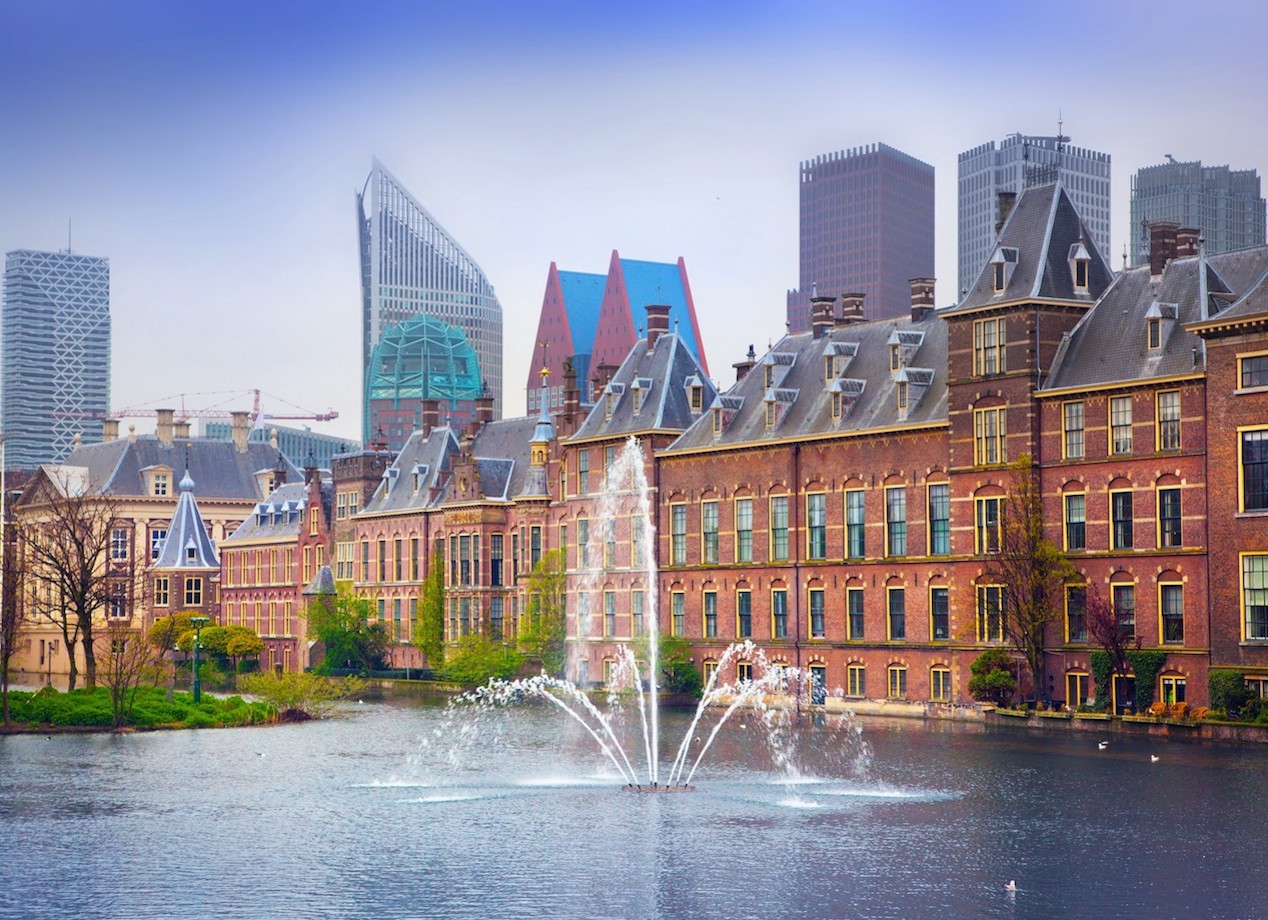Judith Prowda (MA Art Business and Summer faculty at Sotheby's Institute-New York) has established a new art tribunal in The Hague along with three other art lawyers (William Charron of Pryor Cashman LLP, who spearheaded the initiative and formed the working group, Megan Noh of Cahill Cossu Noh & Robinson LLP, and Luke Nikas of Quinn Emanuel Urquhart & Sullivan LLP). On June 8, 2018, she will speak on a panel at the Authenticity in Art Congress in The Hague about the formation of this art tribunal. Below is a breakdown of what you need to know about the new court.
The tribunal
The Court of Arbitration for Art (CAfA) will be officially launched by the Netherlands Arbitration Institute (NAI) in conjunction with The Hague-based Authentication in Art (AiA) at the AiA Congress on June 7th. As conceived, the CAfA will be seated in The Hague, but proceedings may be held anywhere in the world.
Types of disputes
A wide range of disputes, including challenges of authenticity, title, contracts and copyright, will be heard. The rules specific to the CAfA, drafted by Prowda and her fellow working group members, will be implemented by the NAI. The CAfA is also planning to offer mediation, a non-binding form of dispute resolution, in addition to arbitration.
Need for a new court
Cases before the CAfA will be decided by arbitrators who are experienced art lawyers familiar with industry practice and specific art matters. The idea is that art law practitioners are better positioned than traditional courts to evaluate evidence and to understand the intricacies of the art market. Scientific and provenance experts will be appointed by the CAfA, not hired by the disputing parties. Both arbitrators and experts will be selected from a pool administered by the NAI. CAfA proceedings will be conducted in private. The final decision, including the identity of work involved, will be public, but the names of the parties kept confidential.
Primary objective
Decisions made by traditional courts—authenticity cases, for example—are not always accepted in the art market. Traditional courts, which are not trained in art matters, may rule that a specific work is authentic. However, if the art market believes an expert who testifies otherwise, then the work may not be accepted as authentic. “In the end, the art market is the final arbiter in matters of authenticity,” says Prowda. The primary objective of the working group was to develop rules that would provide market legitimacy and decisional accuracy. “Everything we analyzed came back to the questions of whether this is something the art market is likely to accept, and whether the tribunal would likely reach the right result,” Prowda explained.
UPDATE: Arbitrator and Mediator Applications
The Court is now accepting applications from arbitrators and mediators to be considered for placement in the CAfA arbitrator and the mediator pool. Qualified individuals who meet the Court’s selection criteria can apply through the Netherlands Arbitration Institute’s website: here for arbitrators and here for mediators. All applications will be reviewed by a selection committee consisting of academics and former judges who have gained particular experience in art law. The selection committee will propose candidates for placement into the arbitrator and mediator pools to the CAfA. Following submissions of applications, the candidates will receive a confirmation thereof and successful candidates will be inserted in the arbitrator and mediator pool, which will be published online.
